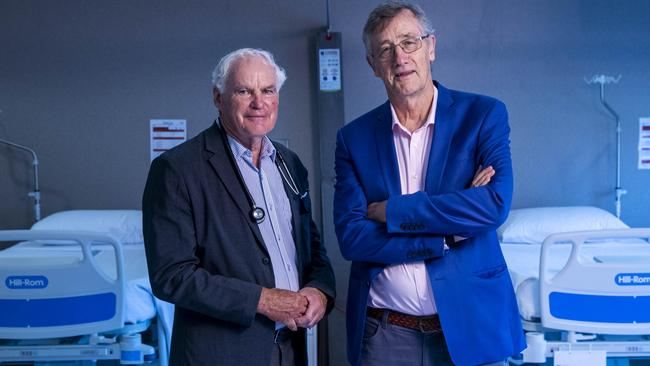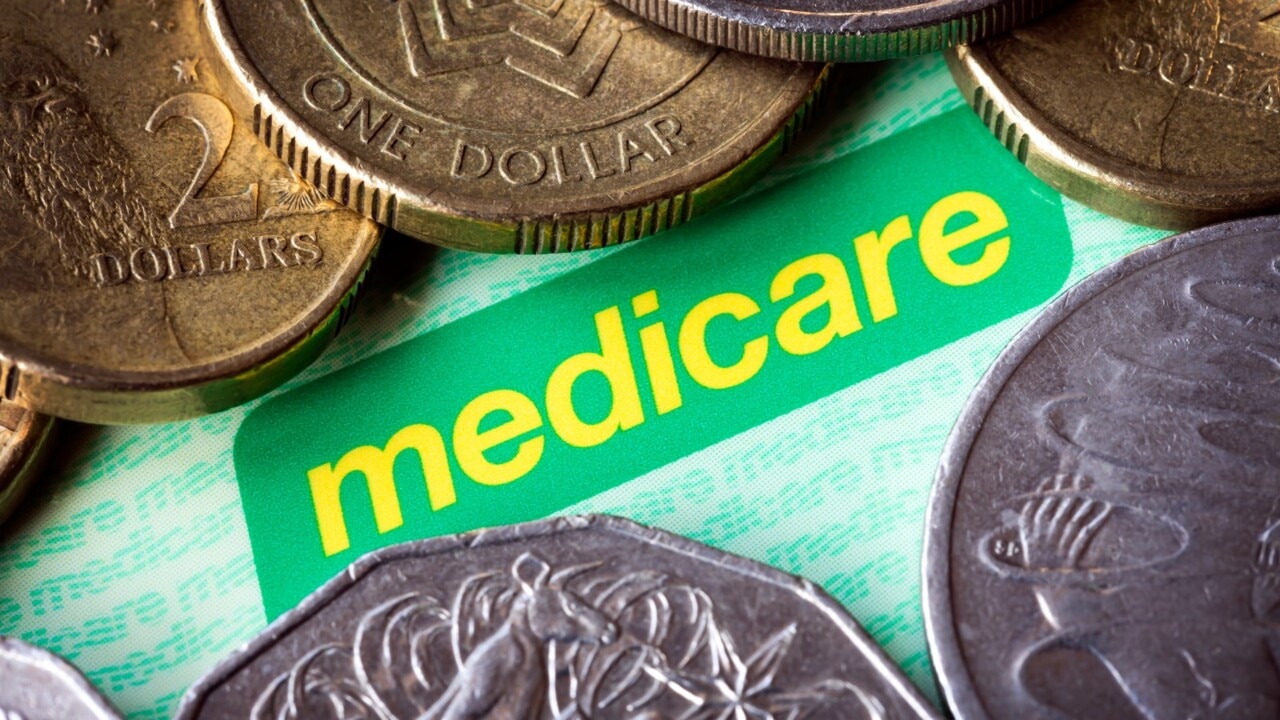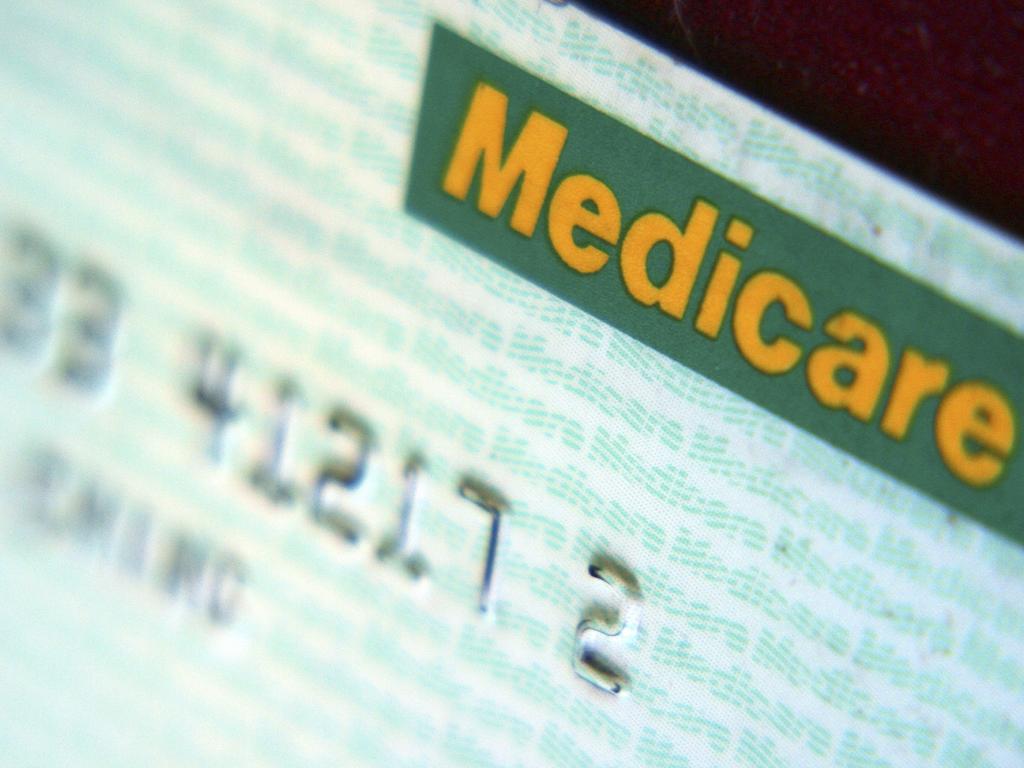‘Useless’ coronary stents cost millions, says study
A landmark study showing that one in five coronary stents implanted in the US were unnecessary and unsafe has fuelled concerns in Australia.

Aaron Francis
A landmark study showing that one in five coronary stents implanted in the US is unnecessary and unsafe has fuelled fears of a similar problem in Australia, at great expense to Medicare and the taxpayer.
Expert members of a government-appointed cardiac services clinical committee, undertaking a major review of Medicare item numbers, are pointing to the new US study as further proof that many millions of dollars are bleeding from Medicare each year as a result of stent procedures for many patients where there is no evidence of benefit.
They are now pushing for MBS funding of stents to be curtailed on the basis of the US data, which establishes that stents, although life-saving where appropriate, are widely overused.
The study by the independent think tank the Lown Institute analysed one million stent procedures performed at more than 1700 hospitals and outpatient facilities from 2019 to 2021, and found one-fifth of operations to insert the devices were unnecessary, wasting $813m ($1.28bn) per year.
The study also found unnecessary stents were associated with serious side effects that could occur as a result of the operation to insert them, known as percutaneous coronary intervention. The complications include perforation or dissection of heart vessels, stent embolisation, stent thrombosis, bleeding and kidney damage.
“When physicians continue a practice despite the evidence against it, it becomes more dangerous than useful,” said Lown Institute president Vikas Saini, a US cardiologist. “The overuse of stents is incredibly wasteful and puts hundreds of thousands of patients in harm’s way.”
Stenting involves a mesh sheath being inserted into a blockage in a coronary artery. The procedure can save lives when there is an acute heart attack with a completely blocked artery, but many are inserted in patients who have stable angina or no symptoms at all.
Over 30,000 stent insertions are performed in public hospitals each year and an unknown number in private hospitals. The total cost of a coronary stent is reported by health insurer Medibank as over $13,000 in private hospitals and more than that in public hospitals.
Stents can help in patients whose symptoms do not settle down with optimum medical treatment.
Previous federal Liberal governments in Australia oversaw a review of MBS item numbers and tasked an expert working group, the Medicare Benefits Schedule Review Taskforce for Cardiac Services Clinical Committee, with reviewing a number of major cardiac procedures to see if the public funding for them was supported by evidence.

A comprehensive literature review by the working group concluded that seven randomised clinical trials that assessed the benefit of inserting a stent in the large group of patients that had angina or a significant coronary narrowing without pain had all found that the stent did not reduce the risk of death or of a heart attack. The only benefit was a short-term reduction in chest pain symptoms in some trials, but this benefit became insignificant after a year.
The experts concluded that stents do not reduce the incidence of death or heart attacks in patients with angina or blocked coronary arteries with no pain.
They recommended the MBS should only pay for a stent if a number of clinical criteria were met as well as the failure of an adequate trial of optimal medical therapy.
“In other words, no one should have a stent unless they have ongoing limiting symptoms irrespective of a known blockage,” said cardiologist Brett Forge, a member of the committee.
However, to the experts’ surprise, when the 2022 MBS schedule was updated the committee’s recommendation was overruled, so Medicare would support stenting even without an adequate trial of medical therapy.
Dr Forge, supported by other members of the cardiac committee, is now calling for the recommendation to be reviewed.
“No explanation was given for discarding the recommendations of the committee asked to review the evidence,” said Dr Forge.
“Rather than guidelines being based on scientific evidence and expert advice they are the result of pressure from vested interests. In the end, the taxpayer has to pay and this contributes to the possible collapse of Medicare. One has to wonder who the Medicare Benefits Schedule is for.”








To join the conversation, please log in. Don't have an account? Register
Join the conversation, you are commenting as Logout